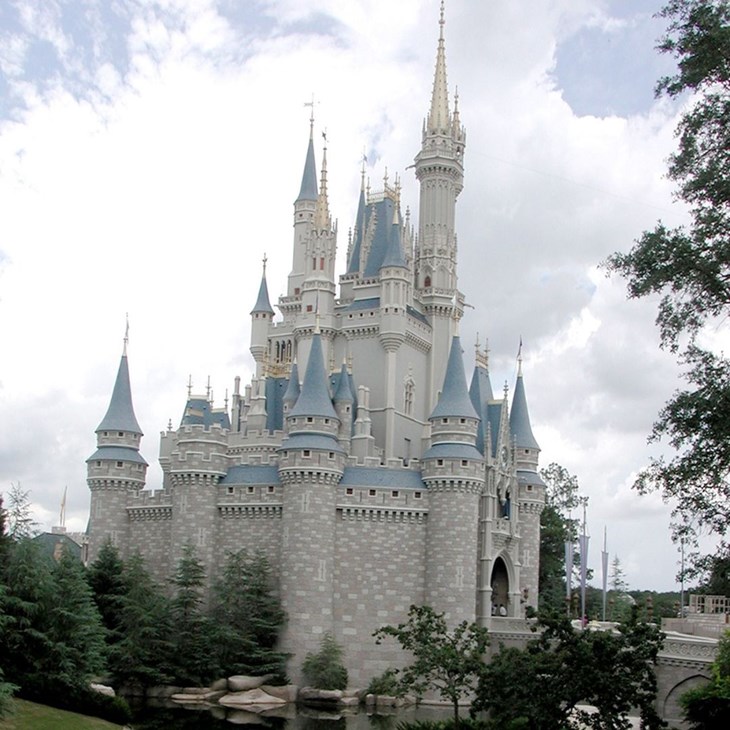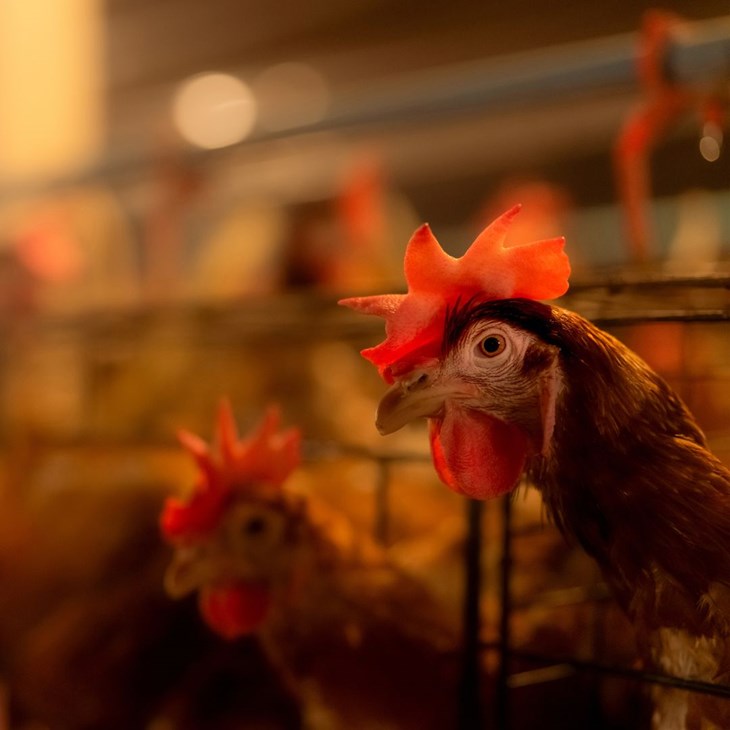2/21/2024
by Julia Johnson
The Walt Disney Company has announced its commitment to sourcing cage-free shell and liquid eggs exclusively at all its parks and resorts in Hong Kong and Shanghai by 2030.

This move is in line with Disney's broader sustainability goals, emphasizing environmental stewardship and ethical business practices. By transitioning to cage-free eggs, Disney aims to reduce its environmental impact and promote the humane treatment of animals.
Collaborating for Change
Compassion in World Farming has been working with Disney for over four years and welcomes this latest commitment as a necessary first step to eliminate suffering for millions of birds. Compassion will continue to work with Disney to ensure this commitment covers against using combination systems, which are not considered suitable alternative cage-free systems for laying hens. Compassion will also support as Disney expands its commitment beyond this region, working toward our vision of Ending the Cage Age.
Disney is already 100% cage-free on liquid and shell eggs used in the United States at the Walt Disney World Resorts, Disneyland Resorts and the Disney Cruise Lines, as well as in France at Disneyland Paris (excluding Operating Participants and Licensee locations).

Setting a Good Example
As a globally recognized brand, Disney's cage-free commitment serves as a positive example for other companies operating in the region to step up for laying hens and ensure they are never confined in cruel battery cages. This commitment aligns with the growing consumer demand for cage-free eggs globally and emphasizes the importance of ethical sourcing and responsible business practices in the Asia-Pacific region.
Caroline Philpott-Saunders, Head of Food Business Asia says, "We commend Disney's recent commitment to cage-free eggs in Hong Kong and Shanghai, aligning with the increasing demand for ethical products in the region. As global companies extend their cage-free commitments worldwide, we look forward to continuing to work with Disney to accelerate their transition and explore the potential of global pledge to ensure good welfare for hens around the world."

